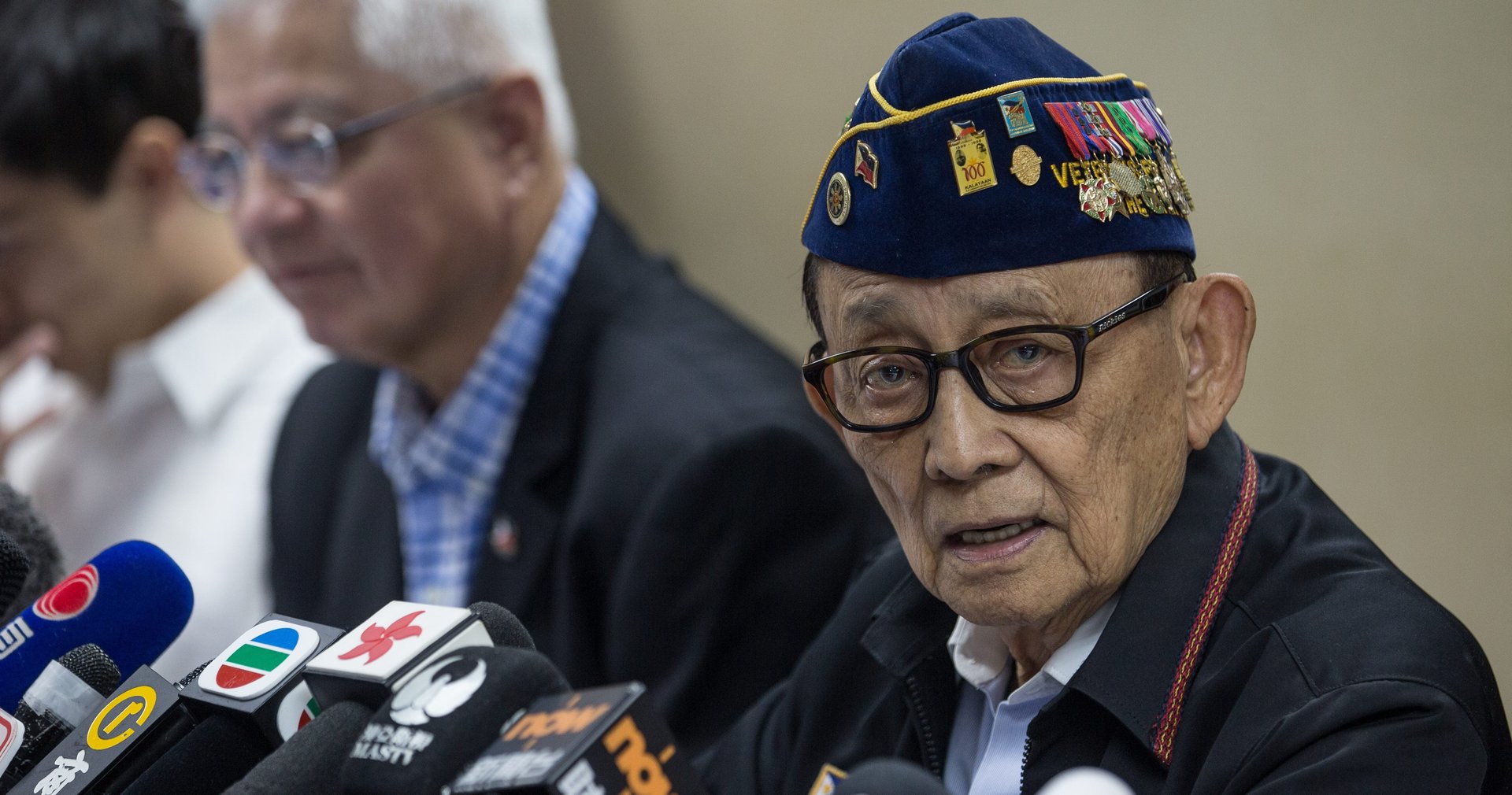The very man who persuaded Rodrigo Duterte to run for Philippine president has quit his team
When Rodrigo Duterte was considering whether to run for president in the Philippines, it was a respected former president, Fidel V. Ramos, who persuaded him to try. But Ramos, having seen Duterte’s first four months in office, is now distancing himself from the very man he helped bring to office.


When Rodrigo Duterte was considering whether to run for president in the Philippines, it was a respected former president, Fidel V. Ramos, who persuaded him to try. But Ramos, having seen Duterte’s first four months in office, is now distancing himself from the very man he helped bring to office.
Last night (Nov. 1) Duterte confirmed that he received a resignation letter from Ramos, whom he had appointed as a special envoy to China in July. Ramos, who had established a good rapport with Beijing in years past, helped Duterte’s administration break the ice with China’s leadership after years of growing tension over the South China Sea. Last month Duterte and a large business delegation visited Beijing on a state visit that resulted in numerous deals and agreements.
Ramos did not join them, and on Oct. 31, he announced his resignation, to the surprise of Duterte’s cabinet.
But it shouldn’t have come as a surprise. Ramos has repeatedly expressed dismay over Duterte’s actions as president.
In an Oct. 11 interview with television channel ANC, Ramos objected to Duterte crudely insulting world leaders, including US president Barack Obama and United Nations secretary-general Ban Ki-moon. (Duterte complained they were ”disrespectful” to him for questioning his war on drugs, which has involved thousands of extrajudicial killings.)
Ramos has also criticized Duterte for spending too much energy on his war on drugs while neglecting poverty, the environment, and rising living costs.
In an Oct. 21 column in the Manila Bulletin looking at the first 100 days of Duterte in office, Ramos said that the Philippines is “losing badly. This is a huge disappointment and let-down to many of us.” He also questioned why Duterte felt it necessary to alienate the US. “Are we throwing away decades of military partnership, tactical proficiency, compatible weaponry, predictable logistics and soldier-to-soldier camaraderie, just like that? On [Duterte’s] say-so?”
Ramos, a West Point graduate, has deep ties in the Philippine military. While Duterte has approved a large pay increase for police and members of the military, some believe Ramos’s displeasure with Duterte could represent similar displeasure from the military.
“There’s some worry about Duterte in patriotic circles in the Philippines,” said Anders Corr, a risk consultant based in New York. “They’re not sure why he’s doing what he’s doing. They’re not sure why he doesn’t like the US so much. It concerns a lot of people there.”